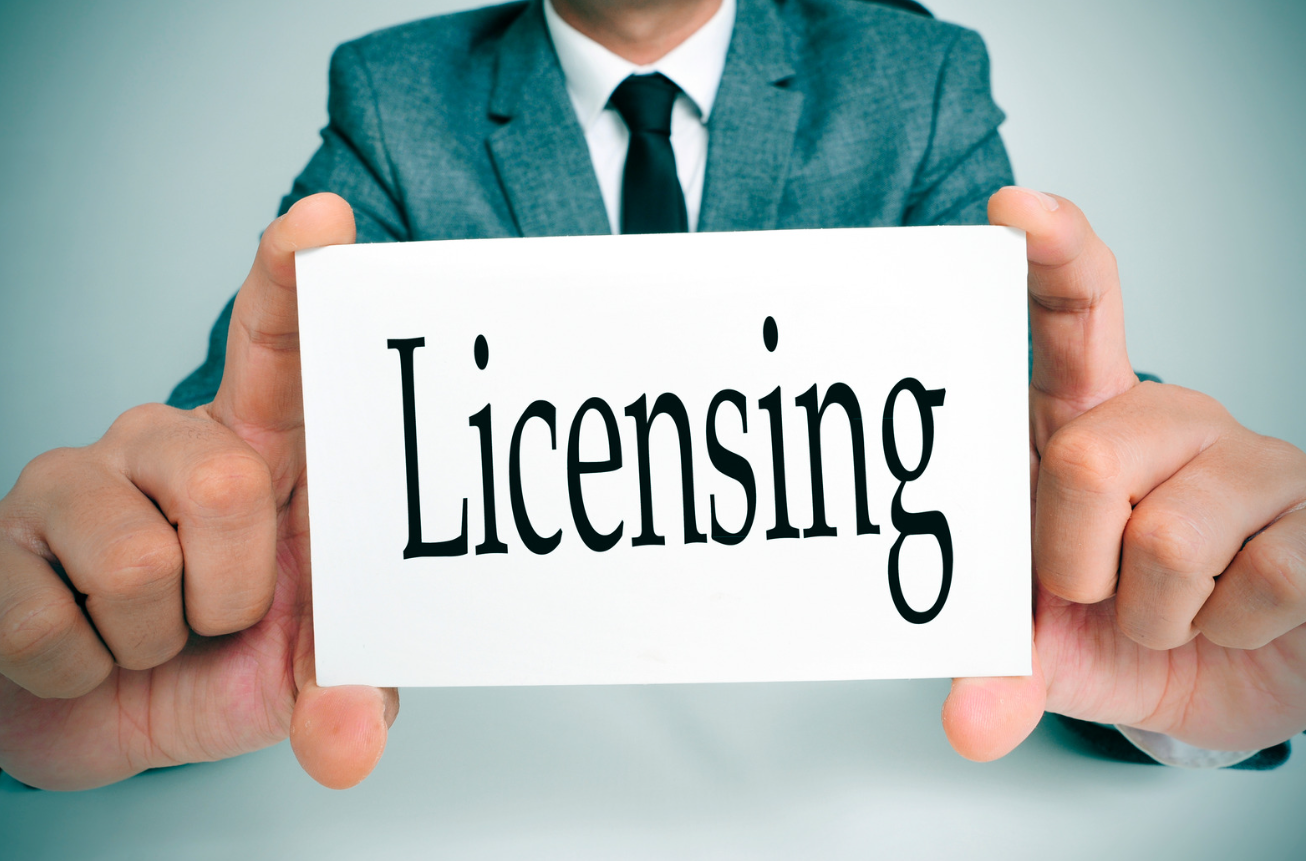The short answer to this question is no, since franchising and licensing are not the same. While both involve the use of a brand or intellectual property, they differ in scope and control. Franchising involves a more comprehensive agreement where the franchisee pays a fee to use the franchisor’s entire business model, including brand, products, and operational systems. The franchisor exercises significant control over the franchisee’s operations to maintain brand consistency. In essence, licensing is about using specific assets, while franchising is about replicating a complete business system.
Main Distinctions Between Franchising and Licensing
Understanding the differences between franchising and licensing is crucial for anyone considering these business opportunities. While both models allow one party to utilise another’s intellectual property, they do so in fundamentally different ways.
In a franchising arrangement, the franchisor retains significant control over the business operations. The franchisee must adhere to specified operational guidelines, use franchisor-approved suppliers, and partake in compulsory training programmes. This ensures consistency across all franchise locations, delivering a uniform customer experience. The franchisor’s active involvement aids the franchisee’s business while preserving the brand’s integrity.
In contrast, licensing entails granting permission to a licensee to use certain intellectual property, such as patents, trademarks, or technology, without imposing the stringent operational controls seen in franchising. The licensee enjoys more autonomy in managing their business, provided they comply with the terms of the licensing agreement. This arrangement fosters a more independent relationship, with the licensor being less involved in the licensee’s day-to-day operations.
The legal framework for franchising is generally more complex. Franchise agreements are often subject to specific regulations designed to protect both parties. These may include mandatory disclosures, registration requirements, and the obligation to offer ongoing support. Licensing agreements, however, tend to be less regulated, affording greater flexibility in negotiating terms. Nonetheless, because they involve fewer operational rights and responsibilities, they might provide less support compared to franchising.
Financially, franchises usually demand a higher initial investment due to the costs involved in aligning with franchisor standards. Licensing agreements might have lower upfront costs, but the licensee may need to invest additional resources to develop their business independently.
Additionally, franchising offers comprehensive support, including training, marketing assistance, and continuous advice, making it appealing for those seeking a structured business model. Licensing focuses more on the use of intellectual property, catering to individuals who prefer greater independence and have a distinct vision for their business.
Thus, while both franchising and licensing allow for the utilisation of established brands and intellectual property, they cater to different business needs and operational preferences.
Conclusion
Franchising and licensing represent distinct approaches to capitalising on established brands and intellectual property, each offering unique benefits and challenges.
Franchising often requires a significant initial investment but provides a comprehensive support system, including training, marketing assistance, and ongoing advice. This model is particularly appealing to individuals seeking a structured business environment where they can benefit from a proven business format. The franchisor’s active role ensures that franchisees receive the necessary guidance to maintain the brand’s standards, which is advantageous for those who prefer operating within a well-defined framework.
On the other hand, licensing is typically less regulated and grants more autonomy to the licensee. This model is suited to those who wish to retain greater control over their business operations while leveraging certain aspects of established intellectual property. The flexibility inherent in licensing agreements allows licensees to implement their own business strategies, provided they comply with the terms of the agreement. This independence can be highly attractive to entrepreneurial individuals who have a clear vision for their business and prefer to avoid the stringent operational controls typical of franchising.
Financially, the lower initial costs associated with licensing can be appealing, though it often means that the licensee must invest more in developing their business independently. In contrast, the higher upfront costs in franchising are offset by the comprehensive support provided, which can facilitate a smoother business setup and ongoing operation.
It’s essential for prospective business owners to carefully consider their personal goals, resources, and the level of support they require when choosing between these two models. Franchising offers the security of a well-established business model and continuous support but at the expense of some operational freedom. Licensing provides greater flexibility and independence but requires a higher degree of self-reliance and business acumen.
Both franchising and licensing offer valuable pathways to business ownership, each with its distinct advantages. By understanding the nuances of each model, aspiring entrepreneurs can make informed decisions that best align with their business objectives and personal preferences. The choice between the structured support of franchising and the autonomous nature of licensing ultimately depends on individual aspirations and the desired level of involvement from the brand owner.

